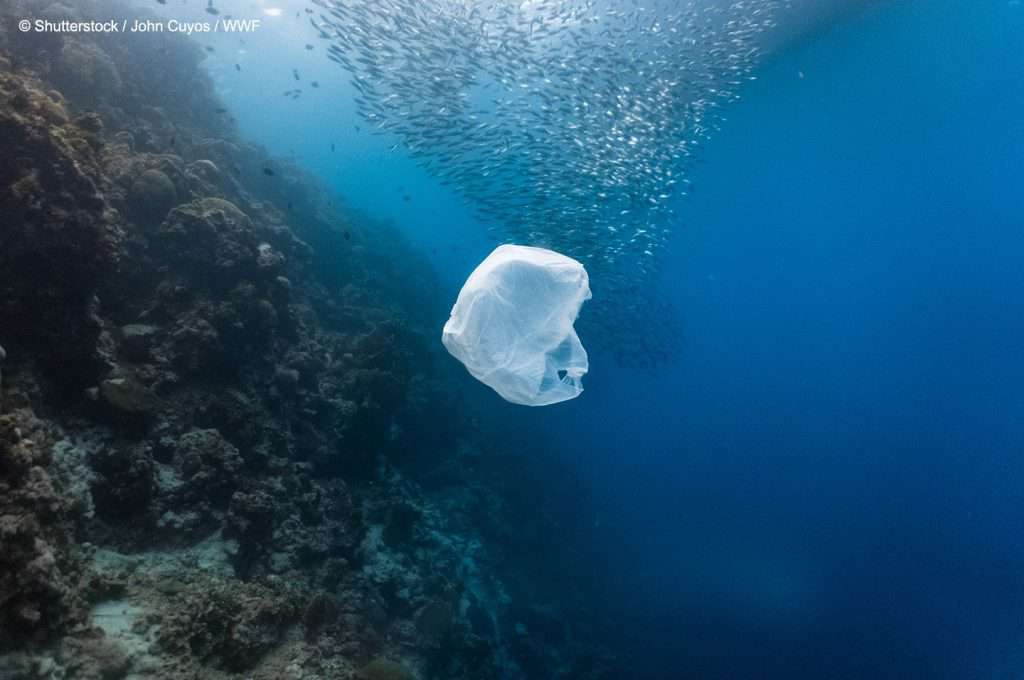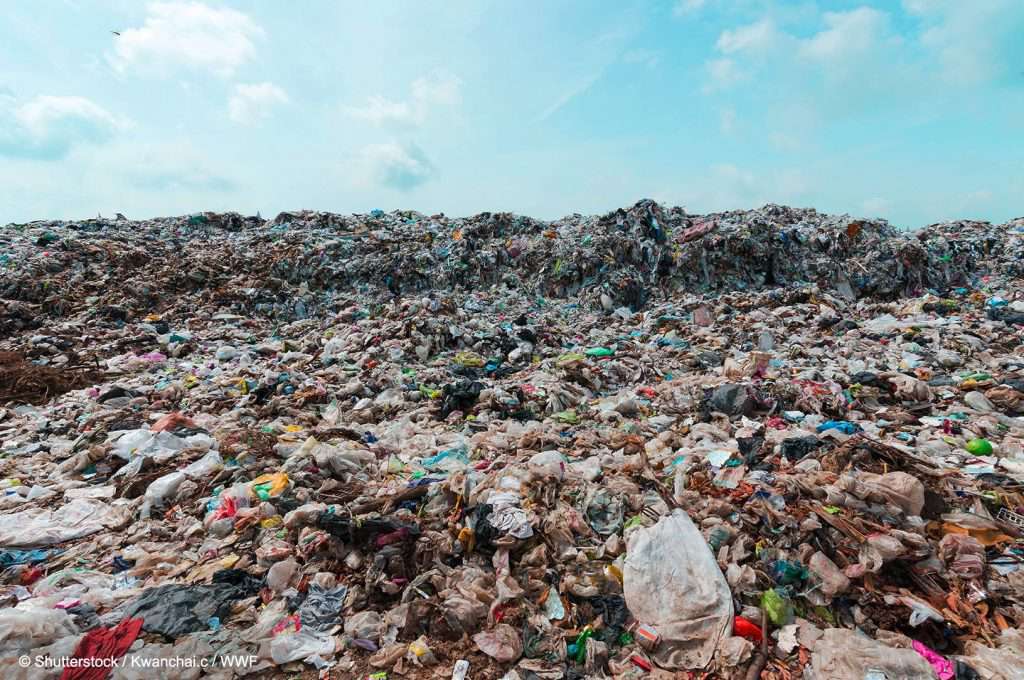These are the most polluted areas of the Mediterranean Sea
The Mediterranean Sea is one of the most visited holiday destinations by Hungarian residents every summer, but unfortunately, tourists arriving at their favourite sea have to meet another guest: water pollution. According to WWF, nearly 570 thousand tonnes of garbage flood into the sea every year, which equals 33,800 plastic bottles/minute.
Forbes reported something must be done immediately; otherwise, the sea’s clear water would disappear by 2050. Almost 247 billion pieces of plastic can be found in the sea, and approximately 5 kgs reach the shores of Mediterranean countries. This phenomenon not only destroys the unique marine world, but each country has to deal with a massive loss of income from tourists; nearly 268 million EUR.
On the other hand, the massive amount of plastic and garbage also affects boats and ships. These vehicles need to be repaired more often as the pollution gets into its motors, causing extensive damage for its owners. Fishers also have to deal with the fact that the number of fishes started to decrease rapidly, and markets cannot serve seafood to local people and tourists.
57% of the Hungarian tourists spend their holidays by the sea. The top three favourite destinations are Croatia, Italy and Greece. All of these shores and areas have become polluted ones in the last few months.

According to WWF, plastic and garbage come from three countries, which considered to be the most prominent plastic producers in the sea’s region: Egypt, Turkey, and Italy. These countries produce an average of 570 thousand tonnes of plastic (250 tonnes in Egypt). From the 24 million tonnes of plastic garbage, only 10.2 million tonnes are appropriately recycled while the other half ends up in nature.
The most polluted areas include Barcelona, Valencia, Croatia, Italy, Greece, Crete, Turkey, and Tel Aviv.
Many factories are unaware of the steps of how to recycle correctly. WWF suggests an agreement by every Mediterranean country which would stop the manufacturing of plastic by 2030.
Besides ruining the country’s reputation among tourists, WWF also emphasised that due to the pollution nearly 700 marine species have become nearly extinct.








